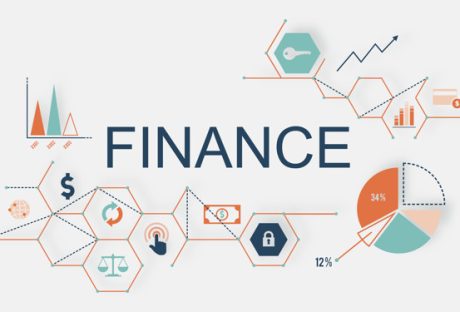The Union Public Service Commission (UPSC) conducts its prestigious Civil Services exam annually to fill the posts of civil servants in government organizations, let it be at the central or state level. Major vacancies that are filled by the UPSC include Indian Forest Service (IFS), Indian Administrative Service (IAS) and so on.
If a candidate is able to crack the civil services examination, that would be deemed as a remarkable achievement and the value of such a person would skyrocket in the society and also among his peers. A simple fact about passing the civil services exam is that one who passes such an exam would have to put a serious effort. This eventually means that passing the UPSC exam would not happen just by working hard or by being lucky.
To pass the IAS Exam a candidate has to craft a time table that should be practical and customized to fit his/her study requirements. That would be one of the most important ways that would make sure the exam is cleared in the first attempt.
A candidate should give importance to the notifications provided by the UPSC which clearly states the syllabus for the UPSC exams (Prelims and Mains). The best way would be to keep the Syllabus in a format which ideally should be a printed one which should be viewable from their desks for a glance.
Also, the candidates should definitely remember as to what are the exam dates which would help them to customize their timetables as per the exam requirements. This would also help the candidates to give maximum attention to the subjects which they find difficult and so on. The following points provided below might turn helpful to crack the civil services exam in one attempt.
Get familiar with the subject by knowing the syllabus
It would be really beneficial to understand the UPSC Syllabus thoroughly as it covers all the subjects including the optional ones. The best part about knowing the syllabus is that it would reduce the stress of the candidate to a great extent as he/she has a clear understanding of even the optional subjects.
Have a timetable that should be practical
From the moment the candidate gets an idea about the syllabus, the next step obviously would be to create a timetable that would cover every subject and simultaneously easy to implement. However, care should be taken regarding not to make the time table neither too rigid nor too flexible and balance would be the key.
Make use of sample question papers (including previous years)
As everyone is aware of the fact that sample questions papers are a replica of the exam pattern followed by the UPSC, it would be of no surprise that most candidates make use of them during their preparation by solving them. Solving them would boost the morale of candidates as they have at least a little bit of idea as to what they can expect from the upcoming exams.
It has been heard from various study circles that there are various institutes providing training for UPSC preparations and everyone has been speaking unanimously about Byju’s learning app. While preparing for UPSC exams, one needs proper guidance right from the start like creating a time table, attend the training courses of high quality, know the tips and tricks to crack the exam, etc along with notifications on exams and so on. The Free IAS prep section provided by Byju’s comprises thing like:
- video lectures
- sample question papers
- complete UPSC Exam syllabus
- topic-specific articles
- textbooks
- test series
- current affairs
- list of NCERT and other reference books etc
Finally, they have important sections in their site for things like Daily News Analysis, Notifications, Exam simulation, Answer writing practice and the like which would be helpful for the candidates to take their preparation to the next level.






















